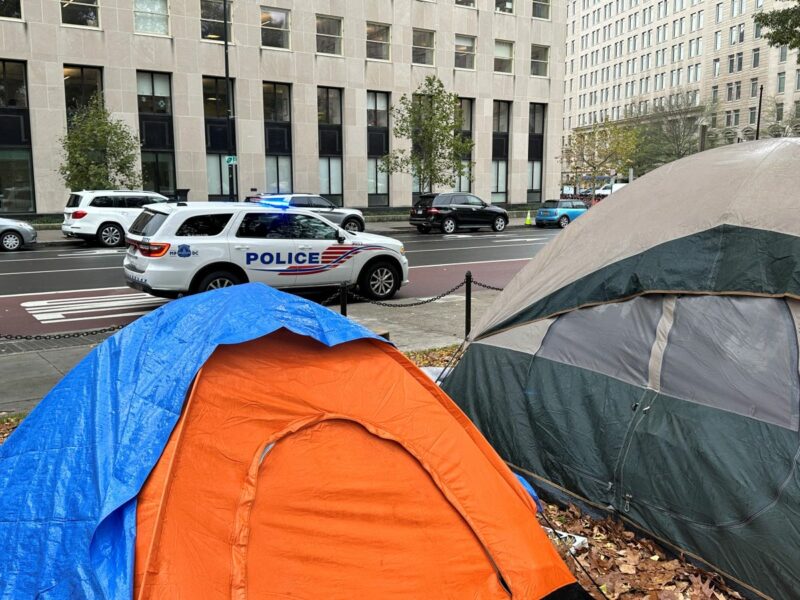My social worker looks up at us through the rear-view mirror, “I wish all my clients were like y’all.” Bittersweet you could say. It stung, even on the way out, and the words spoken by my social worker have stayed with me ever since. I think about what that statement meant. And I think about how convenience, how quiet, how pacified we were. I think about how good we looked on paper. Young, intelligent, employed, college-educated, married, “easy”, respectable, and perhaps, eventually, a case worth telling your boss about.
I think about how we kept our troubles and emotions to ourselves. And about how much mental and emotional pain we were in and how we didn’t feel safe showing it, processing it, out in the open. In those moments, I didn’t feel safe enough to disclose the pain I felt, without risk of losing shelter. I thought, if I expressed what it felt like, being homeless and constantly in a state of distress, he’d no longer like us. And, most importantly, if he didn’t like us, we’d somehow be punished for it. I thought, if I made him work too much, he’d no longer like us. If I cause him any kind of trouble, if I bothered him, he’d no longer like us.
The Phenomenon of Favoritism
In Homelessness is a Disability Justice Issue, author Angela Lemus-Mogrovejo discusses the phenomenon of favoritism among homeless clients, especially those who are disabled. She brings to light how, “there has been a tendency to care only for the ‘respectable’ disabled [homeless] folk. We have cared only for those who are well-spoken, clean-cut, white, and can advocate on civil grounds in the face of brutal, structural violence.”
And, that’s what I did. I showed up for our weekly meetings, well-dressed. I said exactly what my social worker wanted to hear, and not a word more (or less). Because God forbid, I say something he doesn’t like. God forbid we lose the roof over our head. Or he makes our time spent at this shelter worse than it already is. Or he ignores our questions, concerns, or needs when we really needed him to listen. When we couldn’t endure anymore, when our safety was on the line.
You probably don’t want to hear this, but social workers can learn and hold anti-homeless beliefs. They’re human after all and are subject to the same negative messaging as everyone else. Hell, even homeless people can internalize and hold those same beliefs, both about ourselves and of others. I know I did. I heard (and learned it) through the hushed voices of staff members passing through the corridors. They talked about how lazy we were, as well as neighbors, voicing a word of warning: which social worker you could trust, and those you can’t.
An Advocate with a Prejudice
Most alarming, is that much of what I am sharing now I heard and learned from the horse’s mouth: my social worker. This is the person who was supposed to be my biggest advocate, my loudest cheerleader. A person I was supposed to be able to trust.
Don’t get me wrong. I know it’s not easy. It’s hard. I saw the same things my social worker saw, if not more. I know it’s defeating, it’s hard to look at. And I know it’s difficult. It’s traumatizing. Of course, it is. How could it not be?
I never told my social worker about the woman who cornered me in the elevator, vigorously masturbating in front of me, with eyes for daggers, smirking and laughing. I never told him about the needles in the toilet bowl tank, or the loud banging, or the shuffling heroin. Because I didn’t trust him to protect me.
Lemus-Mogrovejo was just as aware of this as I was. She admits that, “[her] time working at the shelter was not always the most comfortable. Men would come in intoxicated. Tempers would flare between residents and the likelihood of people coming to blows while dealing with mental health issues was not insignificant. I would wonder if such behavior merited my help and whether I would be better appreciated somewhere else by less unscrupulous people. However, it is precisely that reaction which needed (and still needs) adjustment, not the residents of those shelters or homeless people on the street.
“Homeless folk are not the problem; rather, *the problem is believing that homeless people become disposable once their structural needs are too inconvenient to address.* More than anything, believing that anyone can be categorized entirely as an inconvenience is a toxic viewpoint that only creates a self-defeating agenda.”
All Homeless People Need Compassion
To every social worker who reads this: Please remember, that homeless person you’ve been tasked to help REALLY needs you. You may be the only person they’ve got.
Please be kind, please listen, and please show compassion – even to the ‘difficult ones,” the “inconvenient ones,” the “troubled ones,” the ones that scream, and yell, and cry, and hurt, and fight back. We need you right now, perhaps more than we’ve ever needed anyone before, possibly at any other time in our lives. And, this is what the world gave us. They gave us you.
I still believe Lemus-Mogrovejo said it best. She closes her essay with:
“I think, we are at a point where our politics need to care for all of us, even the most ‘inconvenient’ of us.”











